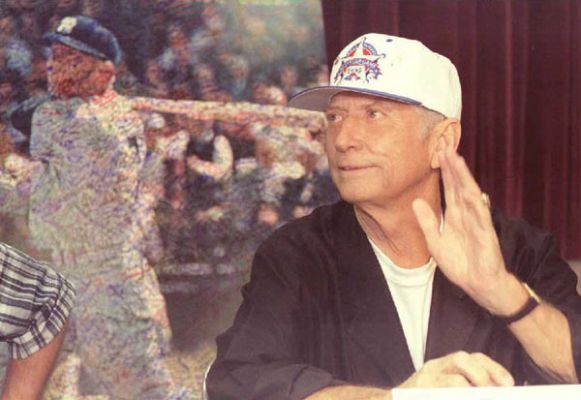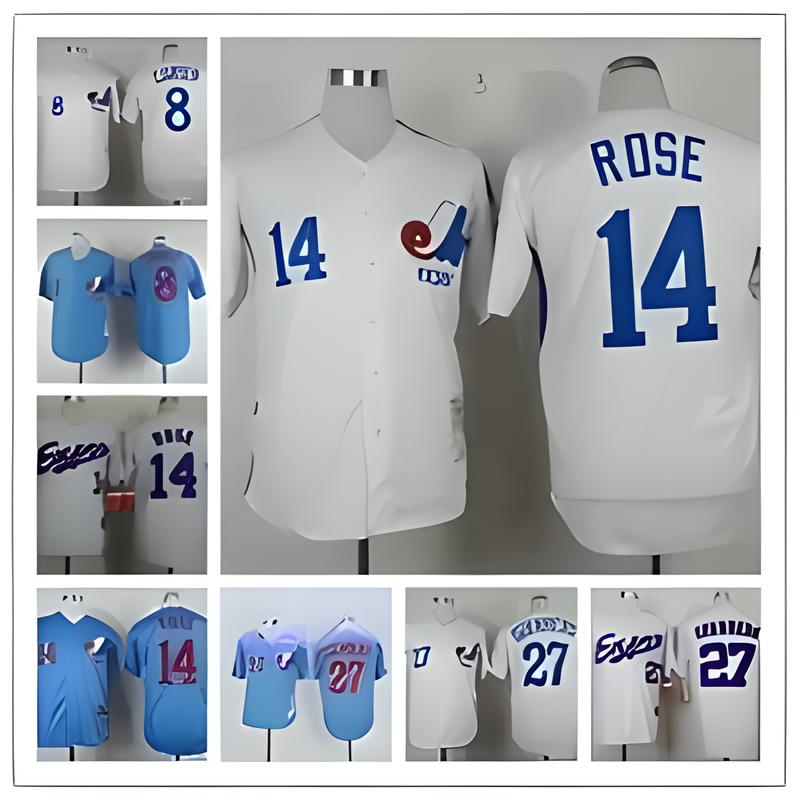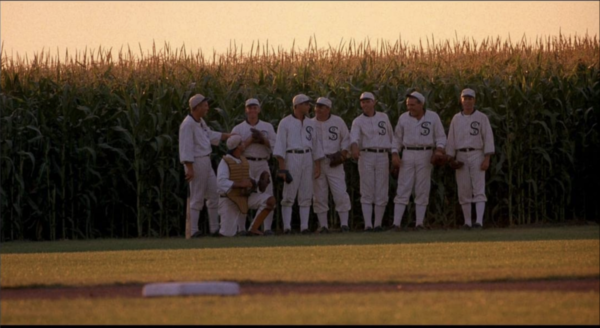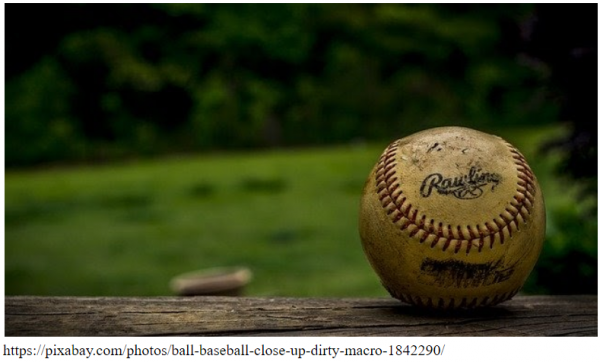Written by Lisa Porter
Today’s baseball is a world of agents, corporate sponsorship, and athletes on strictly designed diets that include odd green liquids and bottles of protein powder. But the unique relationship that America has with baseball remains rooted in the glory days of the New York Yankees and its stars. Shining brightly among the dazzling panoply are Babe Ruth, Yogi Berra, Joe DiMaggio, and Mickey Mantle. They have an unshakable place in the American Dream.
The story of Ronald Stern and how he met Mantle is a treasured, pure anecdote.
A boy from Washington Heights
The son of a feisty German immigrant and a good Jewish boy from Philadelphia, Ronald Stern was raised in Washington Heights on the outward border of Manhattan. Stern, his parents, and his sister, as well as two of his grandparents, were all deaf and communicated via sign language. In 1950’s New York City, however, sign language was viewed as an inferior language. Deaf people regularly hid their hands when signing to each other, and attempted to speak and lipread instead.
Stern found his identity through sports. He played stickball on the hard streets of New York and basketball with Kareem Abdul-Jabbar, who lived in the same building. The Yankees were his demigods, and Mantle the most beloved of them all.
Imagine his delight, then, when on a family trip to Washington, D.C. for the World Games for the Deaf, Stern discovered that the Yankees were staying in the same hotel as he was. He made it his mission to find out what room Mantle was sleeping on. He pestered the front desk from dawn to dusk, begging them to tell him Mantle’s room number. Naturally, the Yankees entered and exited through a secret entrance, so there was no chance of following Mantle up to his room.
The dutiful man at the front desk consistently refused to tell this rude young boy where his idol was staying. But Stern wore him down so thoroughly that he finally relented and gave Stern the room number.
Thrilled beyond belief, the boy ran straight to the room. Ignoring the ‘do not disturb placard hanging from the door, he banged loudly on the door as only a deaf boy can. He didn’t stop until a bleary-eyed Mantle opened the door, a towel around his waist. Seeing that the intruder who had so rudely interrupted his solitude was a little boy, he angrily slammed the door – but Stern had put his foot through the door so that it would not close! He thrust a pen and paper at Mantle, refusing to leave until the star gave his autograph.
In frustration, Mantle scribbled on the paper and threw it back, then finally succeeded in slamming the door shut.
An instantly deflated Stern ran straight to his room and into bed, crying until his chest heaved. Mantle was only a man, he now realized; only a man that he had bothered and pestered and annoyed. His parents, upon learning of the story, scolded and punished him, adding to his misery.
But in the morning there was a letter under the door of the room. It was from Mickey Mantle! He apologized for his behavior and said that when his small son grew up, he wanted the boy to be as determined as Stern. He invited Stern to be his special guest in the dugout at any home game.
And when the boy, accompanied by his now-eager father, showed the letter to the guard at the dugout a few weeks later, he was indeed welcomed into the dugout by Mantle. His father had to stay outside though! He mingled with the showering and joking New York Yankees – Roger Maris, Whitey, Billy. They rumpled his hair and slapped his back; they knelt to his level and hugged him. Stern was in heaven. But that was not all: Mantle took Stern to his locker and gave him his bat. That bat and the letterwas passed down to Stern’s son, who like his father was a sport aficionado. But Stern’s son was an sports aficionado in the age of protein drinks perfectly engineered to help players perform at their maximum potential, rather than the meat, potatoes, and beer diet of the Yankees of the 1950’s. Instead of Yogi Berra’s way of motivating himself and the players he went on to coach – summed up in “If I see it, I hit it” – Stern’s son was ofthe time of sport psychology. Baseball had changed in one generation. The story of Mantle seemed far-fetched to Stern’s son, but he requested it as his bedtime story regularly. This piece of authentic baseball lore and became part of the American Dream for him.
Postscript
Many years later, Mantle came to an autograph show in the area where Stern lived with his wife and children lived. Stern and his son waited in line eagerly, bat and letter in hand. They explained repeatedly to the guard who told them that Mantle would only sign paper and not bats that this was a personal present from Mantle himself and an exception would surely be made. When they finally came to the head of the line, Mantle brusquely brushed them aside, not even reading the letter.
This time, there was no letter under the door of a hotel room apoogizing either.











